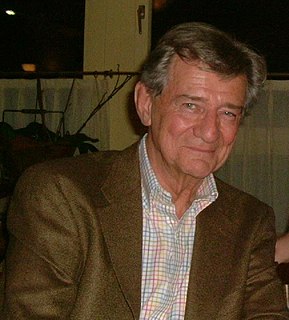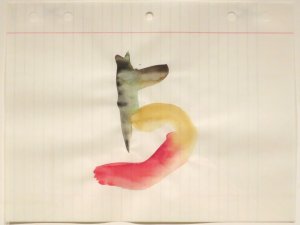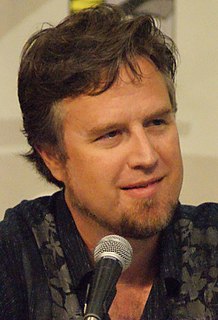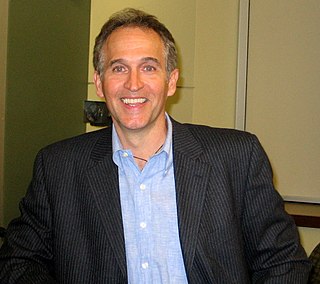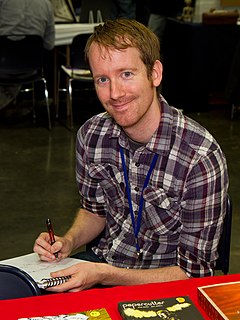A Quote by Elliott Erwitt
You must have a visual sense if you want to be a photographer. It is a very subtle thing, this visual business.
Related Quotes
Usually in theater, the visual repeats the verbal. The visual dwindles into decoration. But I think with my eyes. For me, the visual is not an afterthought, not an illustration of the text. If it says the same thing as the words, why look? The visual must be so compelling that a deaf man would sit though the performance fascinated.
The advice I would give to any photographer - young, old or in-between - is to explore anything visual because this is, after all, how you express your artistry. Look at paintings, movies, drawings, sculptures - look at anything visual and try to integrate that into your visual sense. After that, go out and take pictures and keep on taking pictures!
If you're going to be a visual artist, then there has to be something in the work that accounts for the possibility of the invisible, the opposite of the visual experience. That's why it's not like a table or a car or something. I think that that might even be hard for people because most of our visual experiences are of tables. It has no business being anything else but a table. But a painting or a sculpture really exists somewhere between itself, what it is, and what it is not-you know, the very thing. And how the artist engineers or manages that is the question.
As far as stimulus from the visual arts specifically, there is today in most of us a visual appetite that is hungry, that is acutely undernourished. One might go so far as to say that Protestants in particular suffer from a form of visual anorexia. It is not that there is a lack of visual stimuli, but rather a lack of wholesomeness of form and content amidst the all-pervasive sensory overload.
I think it's somewhere in my head, in my travel space, and it just comes out. It's a visual thing that happens unintentionally. People will tell me, "You do realize you just spoke with that accent, right?" And I'll go, "Oh, did I?" So it's not something I think about. As we talk, I have a visual about my speech and it just comes out like that. If that makes any sense!


